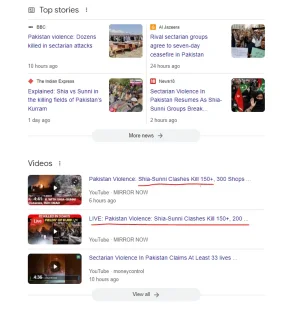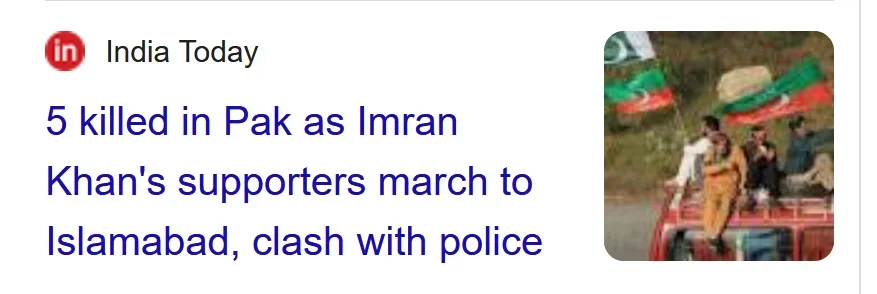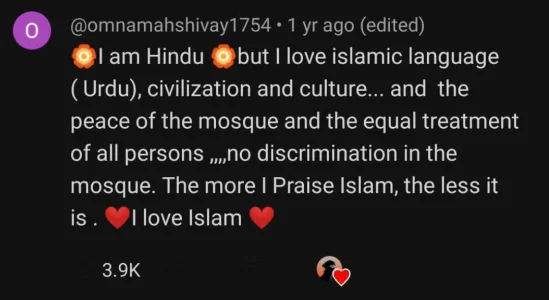Why Does the Muslim World Remain Backward?
One key reason for the stagnation of many Muslim-majority countries is their historical focus on military power—such as guns and explosives—rather than prioritizing education, innovation, and the pursuit of science and technology. While this approach led to conflict and discord, other parts of the world advanced through investments in knowledge, science, and societal progress.
A striking comparison is that of India and Pakistan, which gained independence simultaneously in 1947. At that time, the region that became Pakistan was agriculturally prosperous. However, by the early 1970s, mismanagement caused a steady decline, leading to a worsening economic and social situation. A fundamental issue has been the disregard for the value of education. Knowledge, which holds the power to unlock opportunities, has been largely neglected. Scholars argue that this stagnation is rooted in Islamic scripture and its misinterpretation by later leaders.
Historically, the Islamic Golden Age, particularly under Caliph Al-Ma’mun in Baghdad around 833 AD, marked an era of enlightenment. Education and scientific discovery flourished as knowledge from India and Greece was assimilated and transmitted to Europe via Spain. However, this era ended approximately 150 years later, when subsequent rulers shifted focus to strict religious interpretations of scripture, sidelining intellectual growth.
In today’s world, this shift still resonates. For many, the belief that “everything is made and run by God” discourages research and innovation aimed at improving life on Earth. Religious schools, or madrassas, prioritize scripture, philosophy, and limited social studies, often neglecting modern scientific and technical education. Some madrassas still propagate outdated beliefs, such as the idea that the Sun revolves around the Earth. Additionally, in many Islamic countries, women—comprising half the population—are denied access to education, further hampering societal progress.
The 700 years of Muslim rule, from Spain to India, reinforced a mindset focused on conquest and wealth acquisition, often at the expense of fostering local prosperity. Religious conversions were frequently tied to economic exploitation. In the modern era, while some Gulf states have amassed significant wealth through oil, they rely on foreign expertise in science and technology to extract and manage it, leaving themselves dependent.
Colonial interventions, particularly by the British, introduced modern education systems, including science, engineering, and social studies, to India and other regions. While the Hindu population embraced these opportunities, most Muslims remained attached to madrassa education. In the 75 years since the British left, this difference has become starkly evident. India, driven by its Hindu-majority population’s adoption of science and technology, has emerged as the world’s fourth-largest economy. In contrast, Pakistan, which prides itself as an Islamic state, continues to struggle economically, often surviving on external aid such as IMF loans.
The core issue in many Muslim-majority countries lies in strict interpretations of religious texts, combined with an overreliance on divine intervention rather than human initiative. In medieval times, conquest provided a means to acquire wealth and power, but in the modern world, success depends on knowledge, innovation, and education—areas where these countries have fallen behind.









